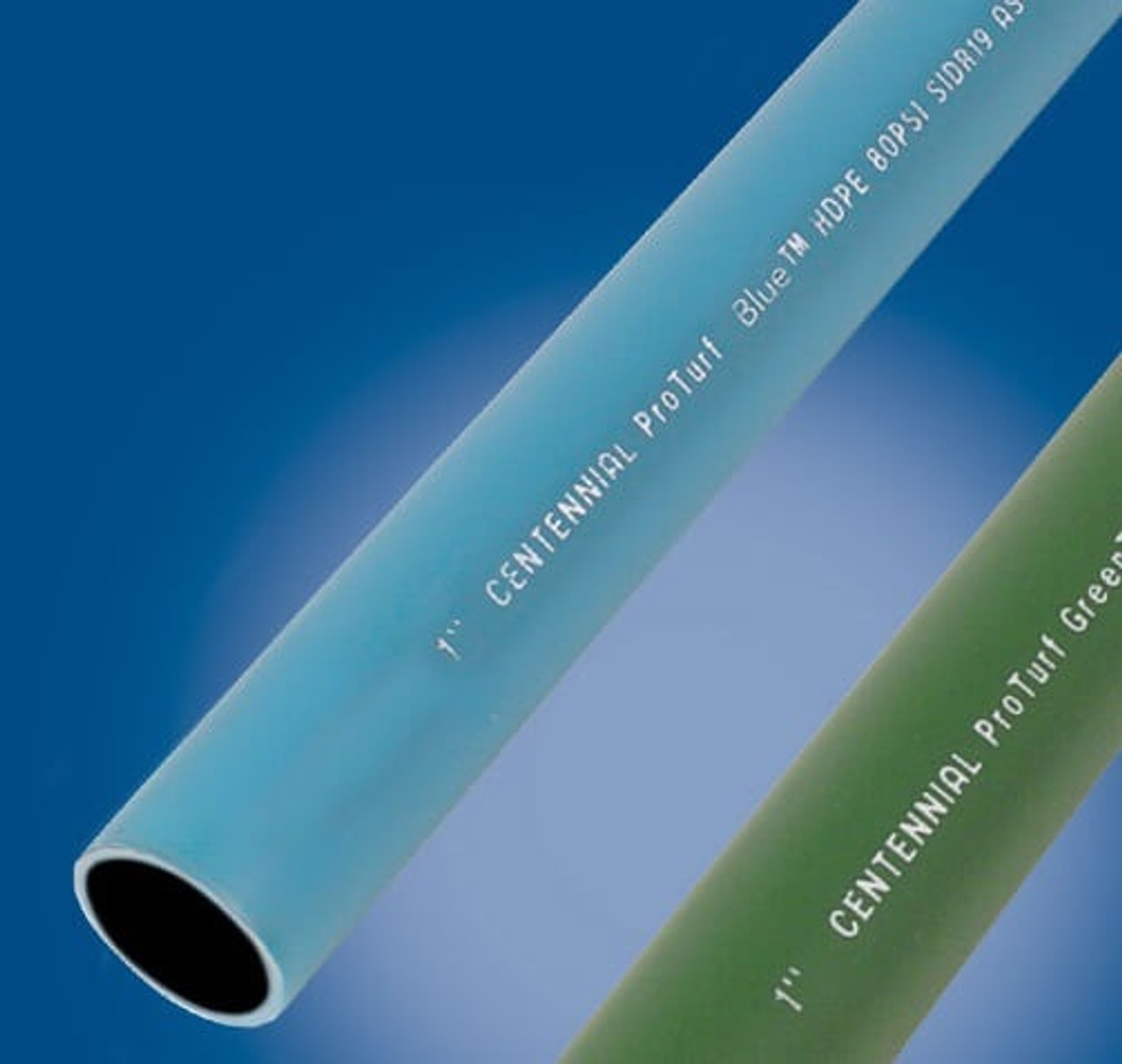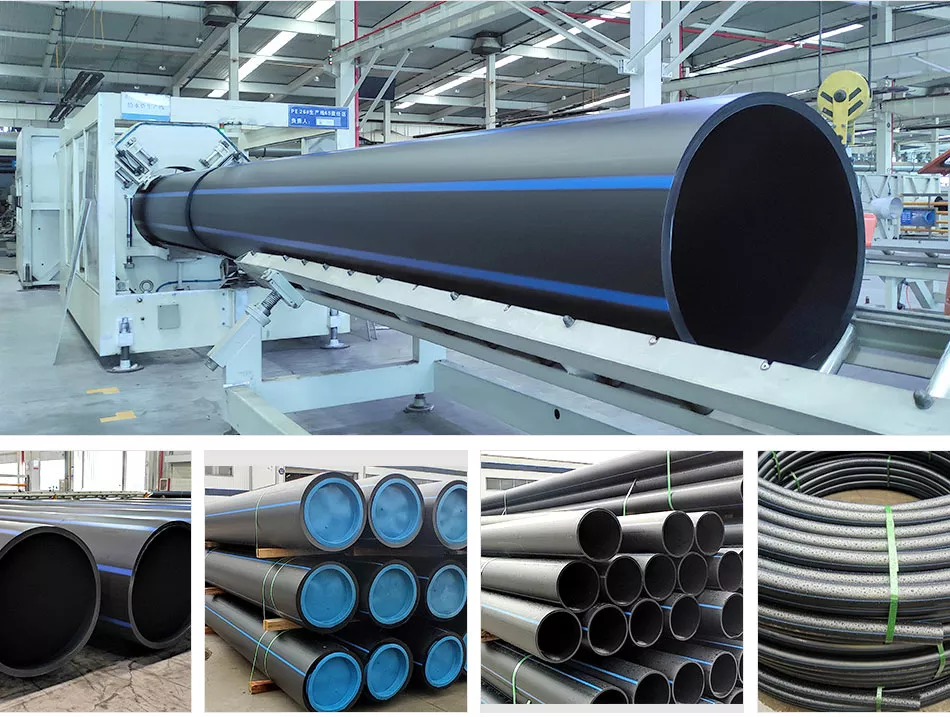Why Partnering with Pipe Supplier American Plastics Midland Ensures Quality Assurance
Wiki Article
A Comprehensive Overview to the Various Usages of HDPE Pipeline in Construction and Sector
HDPE pipes have actually become an essential component in contemporary construction and industrial applications. Their one-of-a-kind properties, such as resistance to rust and light-weight design, make them appropriate for a variety of usages. From water system systems to farming watering, HDPE pipelines supply solutions that improve effectiveness and sustainability. Recognizing their varied applications is vital for professionals aiming to optimize framework. What particular benefits do these pipelines offer each sector?Water System and Circulation Equipments
Water and distribution systems are essential components of urban infrastructure, frequently relying upon high-density polyethylene (HDPE) pipes for their toughness and performance. These systems transportation potable water from treatment facilities to consumers, making certain accessibility and safety. HDPE pipes are favored for their resistance to corrosion, chemicals, and extreme temperatures, which improves their durability and decreases maintenance costs. Furthermore, their lightweight nature enables simpler installation and transport, making them ideal for numerous city and rural applications.The versatility of HDPE pipelines allows them to be set up in tight rooms and around barriers, lessening the need for considerable excavation (Pipe Manufacturing Midland TX). Their smooth interior surface area reduces rubbing losses, improving water flow rates. As cities continue to expand, the demand for dependable water systems boosts, positioning HDPE pipelines as a sustainable solution for modern-day infrastructure projects. Their proven track document makes them a favored selection among designers and city organizers alike
Wastewater Monitoring and Therapy
Effective wastewater monitoring and treatment are necessary for keeping public health and wellness and ecological top quality. HDPE pipes play a crucial duty in this procedure because of their toughness, resistance to rust, and capacity to withstand harsh chemicals. These pipes are typically used in different applications, consisting of sewer system, stormwater drainage, and wastewater treatment facilities. Their light-weight nature assists in simpler installment and transport, reducing labor costs and time.Additionally, HDPE pipelines have a smooth indoor surface that lessens friction loss, advertising effective flow rates. They are additionally much less susceptible to leaks and failings contrasted to conventional materials, making sure that pollutants are had effectively. Additionally, their flexibility permits versatility in numerous soil problems, making them suitable for varied environmental settings. As sectors progressively focus on lasting practices, using HDPE pipelines in wastewater management systems lines up with objectives for decreasing ecological influence and enhancing resource recovery.
Agricultural Watering Solutions
In farming settings, effective watering remedies are necessary for optimizing crop returns and managing water sources. HDPE (High-Density Polyethylene) pipelines play a crucial duty in modern-day irrigation systems due to their toughness, adaptability, and resistance to rust. Their ability to stand up to high stress makes them excellent for both surface area and subsurface watering applications, ensuring uniform water distribution throughout areas.Farmers can make use of HDPE pipelines in drip watering systems, which provide water straight to plant roots, lessening waste and advertising healthy and balanced growth. Additionally, these pipes are lightweight and easy to install, reducing labor prices and installment time. Their lengthy life-span and reduced upkeep demands even more enhance their appeal in farming techniques.
HDPE pipes are eco pleasant, as they can be reused and do not seep dangerous chemicals right into the soil. This makes them a lasting selection for farmers intending to take on environmentally friendly agricultural approaches while taking full advantage of productivity.
Industrial Applications and Procedures
Adaptability is a hallmark of HDPE pipelines, making them vital in different industrial applications and procedures. These pipes are extensively used in chemical processing industries because of their outstanding resistance to a broad range of harsh substances. HDPE's light-weight nature, combined with high tensile toughness, enables very easy installation and lasting efficiency sought official statement after settings.In the oil and gas field, HDPE pipes play an important duty in carrying hydrocarbons and gases, many thanks to their sturdiness and flexibility - Texas hdpe pipe manufacturer. Furthermore, they are used in mining procedures for the transportation of slurry and other products, where typical piping systems may fail
HDPE pipes are increasingly utilized in producing facilities for water supply lines and wastewater monitoring. Their capacity to hold up against extreme temperatures and pressures makes them suitable for a range of industrial processes. Overall, HDPE pipes contribute significantly to effectiveness and security across diverse industrial applications.
Stormwater Administration and Drain Solutions
Stormwater administration look at here and water drainage systems are crucial elements in city infrastructure, created to handle excess rains and reduce flooding dangers. High-density polyethylene (HDPE) pipelines are increasingly made use of in these systems as a result of their durability, adaptability, and resistance to corrosion. These pipelines successfully deliver stormwater far from inhabited areas, minimizing surface area overflow and avoiding waterlogging.HDPE's lightweight nature assists in much easier setup, reducing labor prices and building time. Additionally, its resistance click now to chemicals and ecological stressors guarantees long life and reliability in numerous climates. Along with typical drain applications, HDPE pipelines are likewise employed in cutting-edge services such as green framework, which includes rainfall gardens and absorptive sidewalks.

Regularly Asked Concerns
How Does HDPE Pipeline Compare to PVC Pipe in Price?
Generally, HDPE pipeline has a tendency to be more pricey than PVC pipe as a result of its improved longevity and flexibility. However, long-term cost factors to consider, such as maintenance and life expectancy, might favor HDPE in certain applications.
What Is the Life Expectancy of HDPE Piping Under Diverse Conditions?
HDPE pipes generally have a lifespan of 50 to 100 years, depending upon ecological problems, installment techniques, and use. Factors such as temperature, soil kind, and exposure to chemicals can greatly influence their sturdiness.Can HDPE Water Lines Be Recycled After Usage?
Yes, HDPE pipelines can be reused after usage. The recycling procedure entails thawing down the product, enabling it to be repurposed right into brand-new products, consequently advertising sustainability and minimizing ecological effect connected with plastic waste.Exist Any Type Of Certain Installment Difficulties With HDPE Pipes?
Setup challenges with HDPE pipes consist of correct jointing strategies, ensuring adequate trench conditions, and taking care of thermal development. Furthermore, knowledgeable labor is called for to manage specific equipment, which can complicate the setup process in various settings.
What Qualifications Should I Look for When Getting HDPE Water Lines?
When buying HDPE pipelines, one need to seek qualifications such as ASTM, AASHTO, and ISO, which validate high quality and compliance with industry standards, guaranteeing resilience and performance in numerous applications. - American Plastics HDPE Pipe for OilfieldReport this wiki page